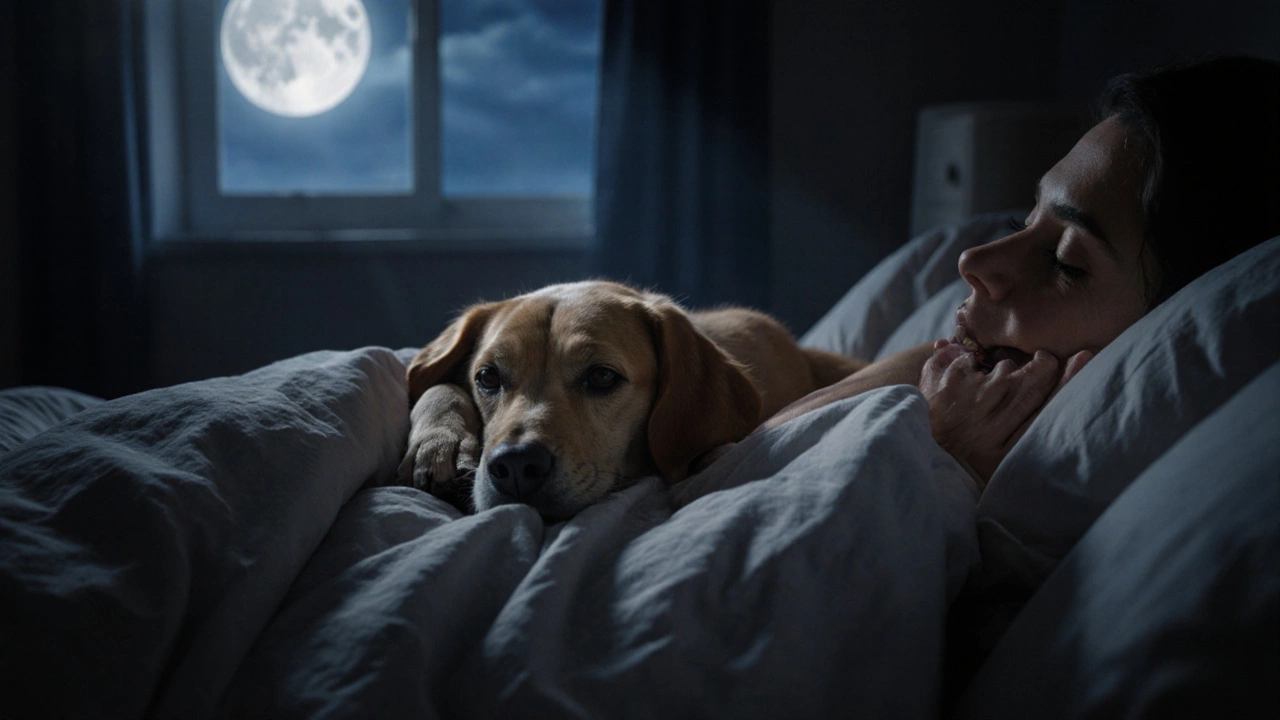Separation Anxiety in Dogs: Signs, Causes, and Real Solutions
When your dog destroys the couch, barks nonstop, or soils the floor the moment you walk out the door, it’s not mischief—it’s separation anxiety in dogs, a genuine stress response triggered by fear of being left alone. This isn’t about being stubborn or spoiled. It’s a deep emotional reaction rooted in their bond with you, and it’s one of the most common behavioral issues dog owners face. Many people think their dog is acting out of spite, but science shows it’s pure panic. Their heart races, their breathing quickens, and their brain floods with stress hormones. They don’t know you’ll come back. They just know you’re gone.
dog loneliness, the emotional state behind separation anxiety isn’t just sadness—it’s terror. Dogs don’t think in hours or schedules. They feel the absence like a physical void. That’s why leaving a treat or turning on the TV won’t fix it. You need to rewire their fear, not distract them from it. dog calming aids, like weighted blankets, pheromone diffusers, or targeted training tools can help, but only when paired with consistent, patient behavior changes. Think of it like helping a child with a phobia—you don’t just hand them a toy and walk away. You build trust, one small step at a time.
The good news? You’re not alone. Thousands of dog owners have walked this path. The posts below cover real stories and proven fixes: how to recognize the early signs before your home is wrecked, what to do when you need to travel and can’t take your dog, how to build confidence so your pup doesn’t feel abandoned, and which tools actually calm them down—not just mask the noise. Some of these solutions are simple, like changing your goodbye routine. Others take time, like desensitization training. But every one of them is backed by what works in real homes, not just theory.
Whether your dog whimpers when you grab your keys or howls for hours after you leave, there’s a path forward. You don’t need to feel guilty. You don’t need to give up. You just need the right tools—and the right understanding. Below, you’ll find practical advice from people who’ve been there. No fluff. No jargon. Just what helps.

Does Letting Your Dog Sleep in Your Bed Cause Separation Anxiety?
Letting your dog sleep in your bed doesn't cause separation anxiety. The real issue is emotional dependence and fear of being alone. Learn how to tell the difference and what actually helps.
View more